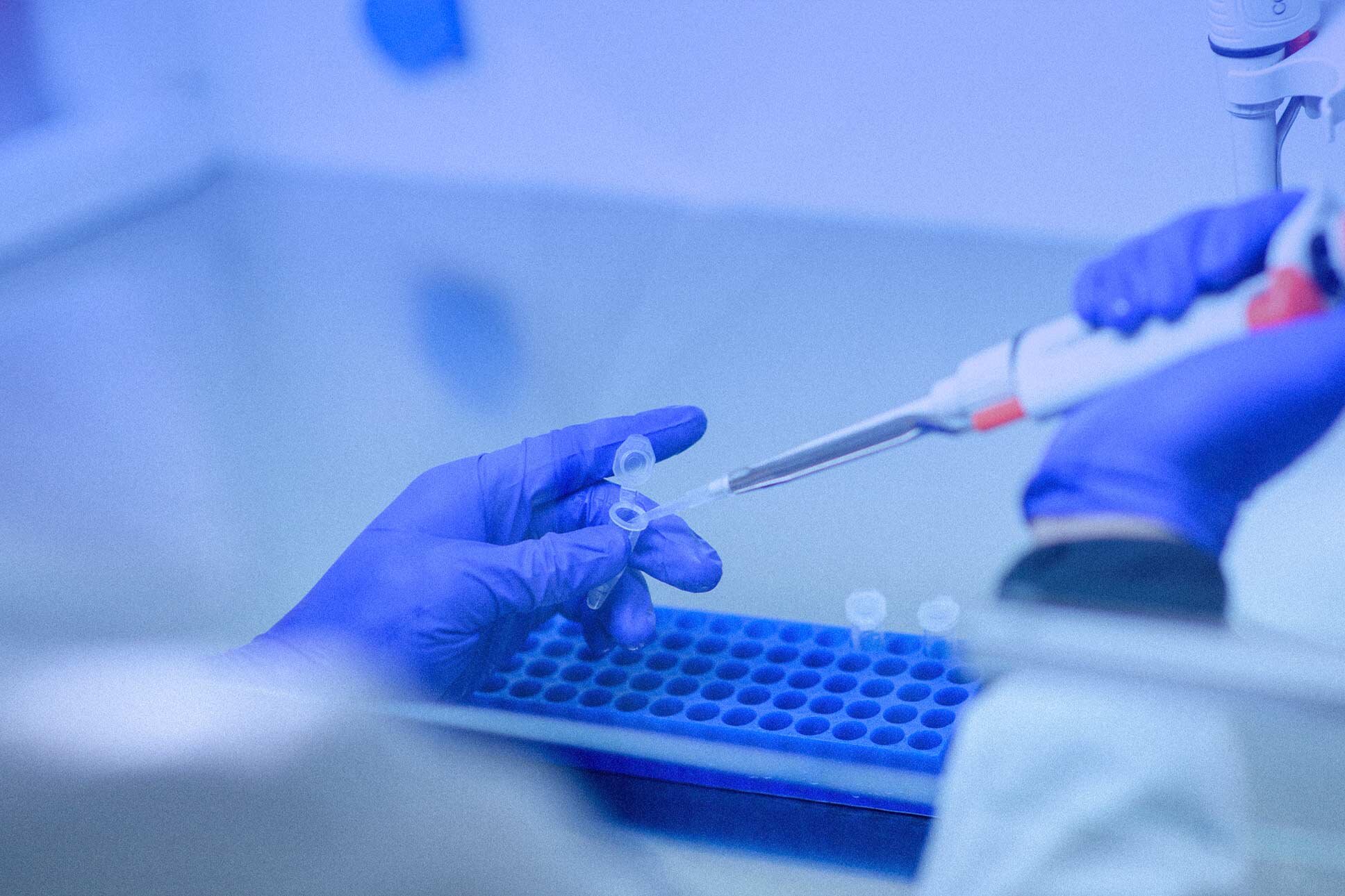Safety is paramount in the pharmaceutical industry, particularly in the manufacturing of Active Pharmaceutical Ingredients (APIs). APIs are the essential components of drugs that produce the intended therapeutic effects. Ensuring safety throughout the manufacturing process is crucial to maintain product quality, protect the environment, and safeguard the well-being of workers and consumers.

Chemical Handling and Storage: Proper handling and storage of chemicals are fundamental for safety. Manufacturers must strictly adhere to protocols for storing, labeling, and transporting chemicals to minimize the risk of accidents, spills, or exposure. Chemicals should be stored based on compatibility and in designated areas with appropriate ventilation and safety features.
Personnel Safety: Employee safety is a top priority. Adequate training in handling chemicals, operating machinery, and using safety equipment is imperative. Personnel should be equipped with protective gear such as gloves, masks, goggles, and lab coats to minimize exposure to potentially hazardous substances.
Process Safety Management: Implementing robust process safety management systems is crucial. This includes conducting thorough hazard assessments, process design evaluations, and risk analyses to identify and mitigate potential risks at every stage of API manufacturing. Safety measures should be integrated into the design of processes and equipment.
Quality Control and Assurance: A stringent quality control and assurance program should be in place to monitor and read more ensure the quality and safety of the API. Continuous monitoring, testing, and analysis of the product at various stages of manufacturing help identify any deviations from expected standards and ensure compliance with regulatory requirements.
Environmental Protection: Environmentally responsible manufacturing is essential. Pharmaceutical manufacturers must abide by environmental regulations and standards to prevent pollution, manage waste properly, and reduce the overall environmental impact of API manufacturing. Sustainable practices should be adopted to minimize the carbon footprint and protect ecosystems.
Fire and Explosion Prevention: Implementing fire and explosion prevention measures is crucial due to the inherent risks associated with certain chemical processes. Manufacturers should install fire detection and suppression systems, conduct regular safety drills, and adhere to fire safety codes to prevent and mitigate fire-related accidents.
Waste Management: Proper disposal and management of waste generated during the manufacturing process are vital to prevent environmental contamination. Manufacturers must follow guidelines for the safe handling, treatment, recycling, or disposal of waste materials to minimize environmental impact.
Emergency Response Preparedness: Establishing a well-defined emergency response plan is essential to respond promptly and effectively to any accidents or incidents. Training employees on emergency procedures and maintaining readily accessible emergency equipment and contact information is critical.
Regulatory Compliance: Compliance with local, national, and international regulations and standards is non-negotiable. Pharmaceutical manufacturers must stay updated on the evolving regulatory landscape and adapt their safety protocols and processes to remain in compliance and maintain public trust.
